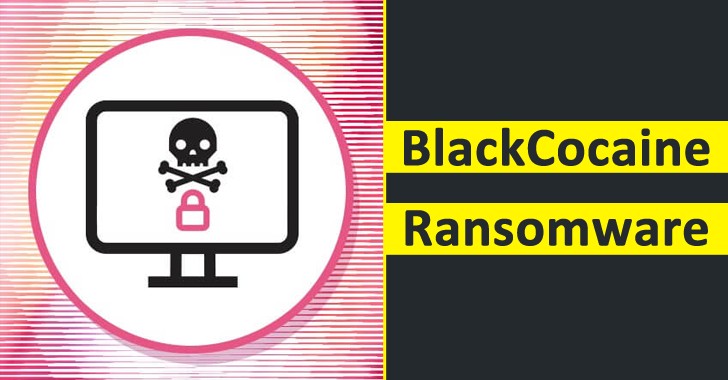Recently, an Indian IT company that is specialized in the Banking and Financial Services sector, Nucleus Software has suffered a security breach on May 30, 2021, as reported by the cybersecurity experts at Cyble.
However, Nucleus Software has already reported the Bombay Stock Exchange (BSE) and the National Stock Exchange of India (NSEI) about this security breach.
The company noted that the probability of financial data leak is dubious, as Nucleus Software has confirmed that they don’t store any financial data of its customers.
During the investigation, the security researchers at Cyble has discovered that this cyber attack is executed by the group behind the BlackCocaine Ransomware, and from the below image you can see the compromised page of BlackCocaine ransomware.
Technical Analysis
Here, the analysts assert that the first victim of the BlackCocaine ransomware group is Nucleus Software and they have also revealed the malicious website of BlackCocaine ransomware group:-
- hxxp://blackcocaine[.]top/
On May 28, 2021, the above-mentioned domain name was registered by the BlackCocaine ransomware group. The security authorities at Cyble discovered the BlackCocaine ransomware sample files during their routine exercises.
The operators of BlackCocaine ransomware have used the MinGW tool to compile the ransomware payload file that is a UPX-packed 64-bit Windows executable file.
While the threat actors have used the Go language to program this malicious executable, and on May 29, 2021, the operators behind this attack have compiled this executable file.
After manually extracting the ransomware payload, the experts concluded that to evade several security analysis tools and make this more complicated threat actors have used various anti-VM and anti-debugging methods.
Here, while encrypting the victim documents to perform file system inventory, the BlackCocaine ransomware decrypts Windows APIs. After completing this stage, it automatically affixes the “.BlackCocaine” extension to the filenames of each encrypted file.
Moreover, cybersecurity researchers have concluded that in this attack the AES and RSA Encryption methods are used by the operators behind this BlackCocaine ransomware.
After the successful encryption process, on the infected system, the threat actors drops a ransom note:-
- “HOW_TO_RECOVER_FILES.BlackCocaine.txt”
Recommendations
The experts have suggested few recommendations and here they are mentioned below:-
- To track and block the malware infection always use the shared IoCs.
- Use strong passwords.
- Use multi-factor authentication.
- Turn on the automatic software update.
- Use security tools.
- Avoid opening untrusted links and email attachments.
- Use the service provided by the AmiBreached.com portal to track your exposure in the Darkweb.







